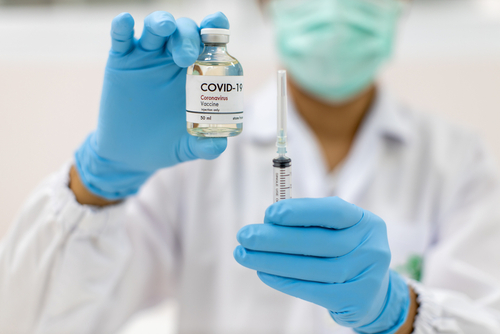
Another COVID-19 vaccine candidate shows promise for antibodies produced, at least in preclinical results released by Sanofi Pasteur and Translate Bio last week for their mRNA-based offering, MRT5500.
The candidate produced neutralizing antibodies against SARS-CoV-2 — the virus that causes COVID-19 — in preclinical studies conducted on mice and non-human primates.
Two doses of the drug produced higher antibody levels than those observed in COVID-19 patients. As a result, a phase 1/2 clinical trial is expected to begin in the fourth quarter of 2020, although details on how many volunteers will be involved have yet to be established.
“To tackle this global pandemic, we must look to both the strong knowledge we have from years of infectious disease expertise and the promise of new, innovative technologies,” Thomas Triomphe, Executive Vice President and Global Head of Sanofi Pasteur, said. “Today’s presentation of these positive results is another development milestone for providing a safe and effective potential vaccine against SARS-CoV2 and shows how promising this technology is. We are looking forward to working on next steps with our partner Translate Bio to bring this technology to people worldwide.”
Among mice, the candidate brought forth antibodies at all dose levels after two doses, and in higher dose groups, were seen after a single administration of MRT5500. Among primates, all saw antibodies boosted by a second dose.
“The rapid development of effective vaccines to address the COVID-19 pandemic continues to be an urgent global public health need, and I am encouraged by the progress we’ve made to date with our partner Sanofi Pasteur toward the development of a promising mRNA vaccine candidate,” Ronald Renaud, CEO at Translate Bio, said. “The preclinical results we report in this paper demonstrate the ability of MRT5500 to elicit a favorable immune response in both mice and non-human primates. Importantly, these results provide additional support for using our mRNA platform to potentially expedite the development of alternative approaches to traditional vaccines.”




